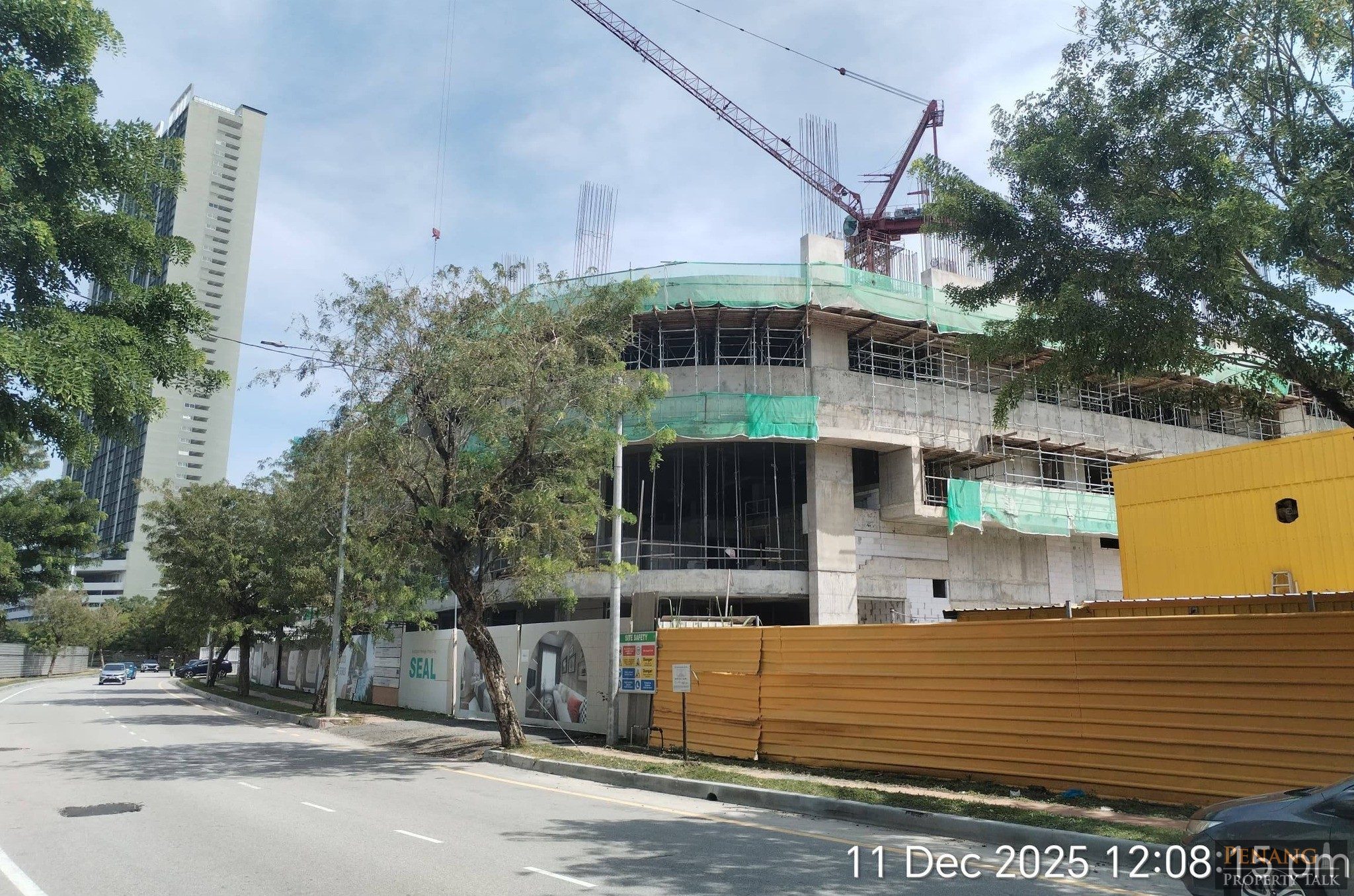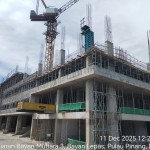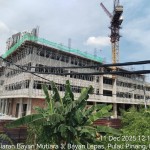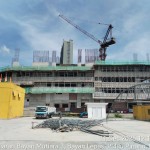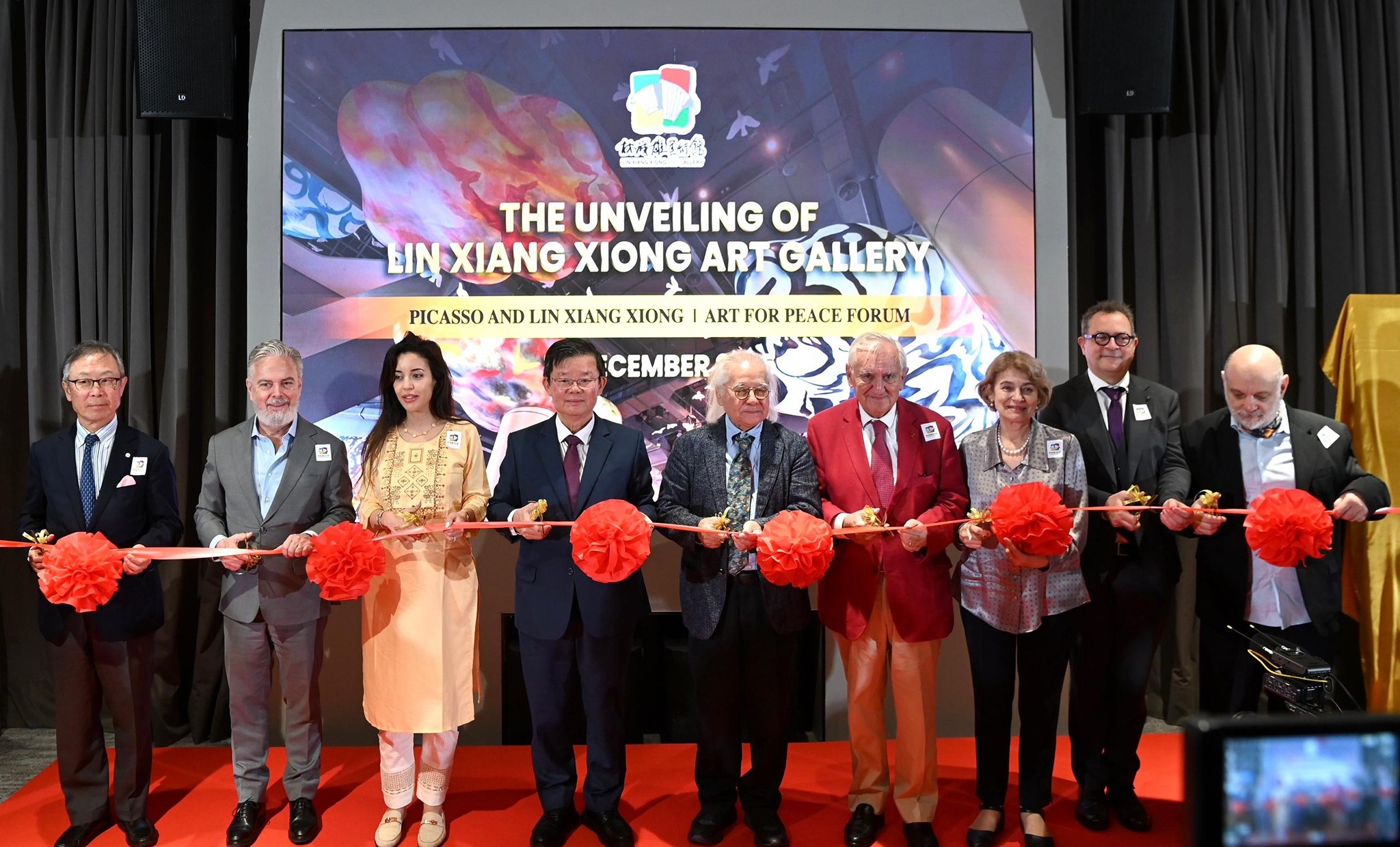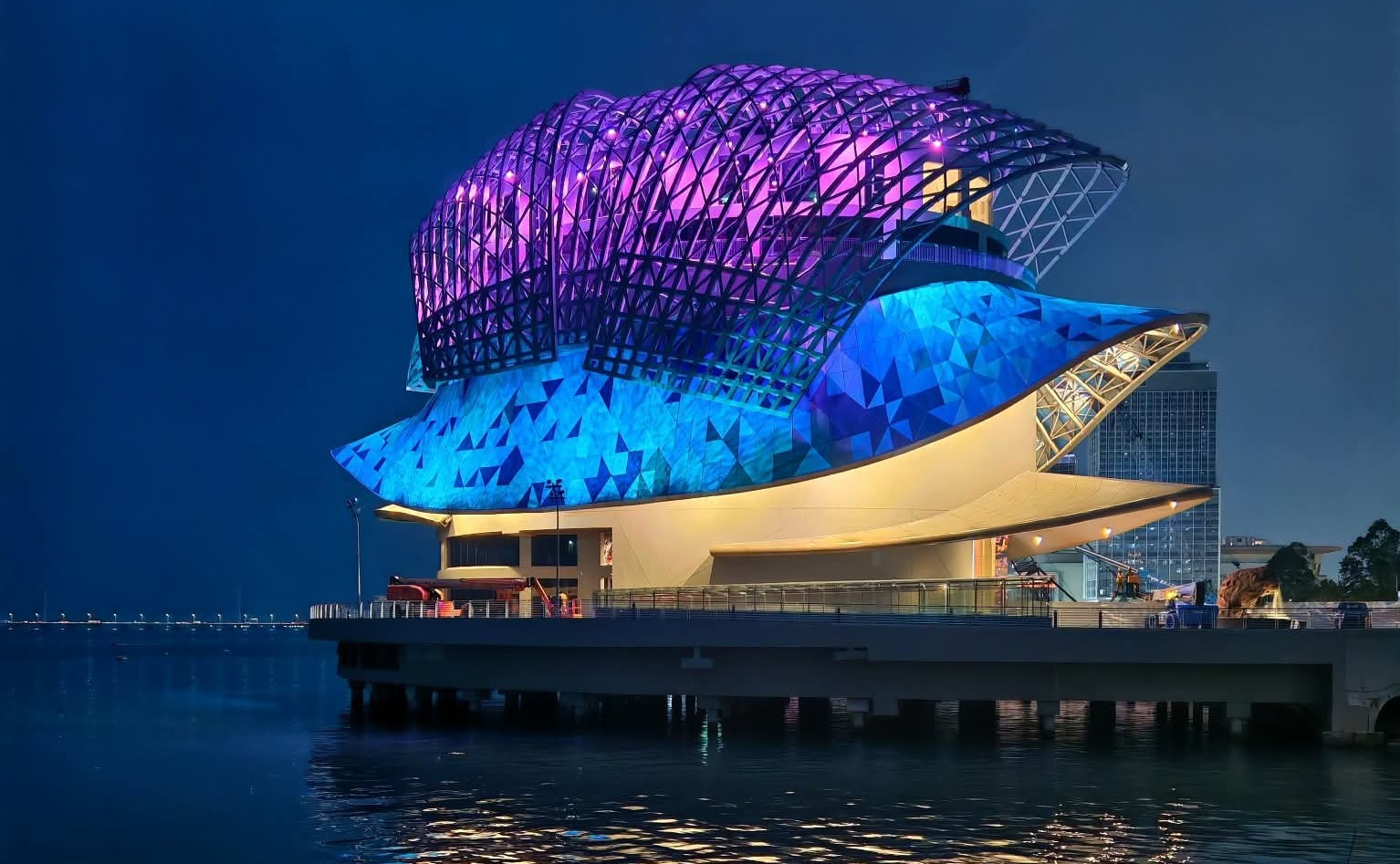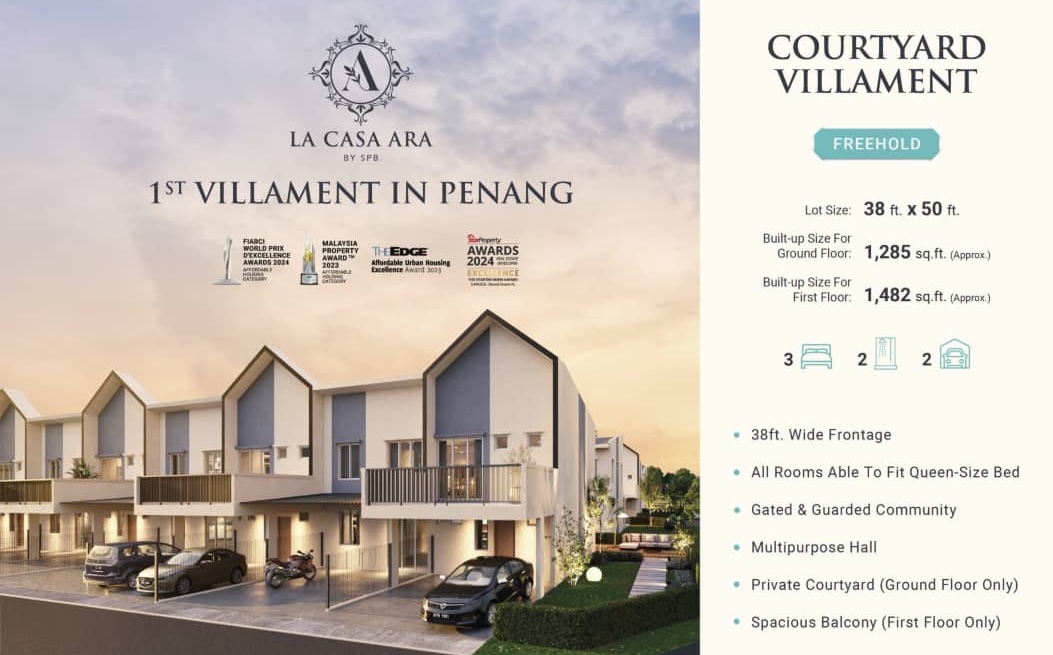
SPB has officially unveiled the La Casa Ara, a landmark 192-acre development set to redefine Penang’s affordable landed living landscape. Located in Tasek Gelugor South, the township enjoys direct accessibility to major highways and is within 30 minutes of:
- Shopping malls including Sunway Carnival Mall, Aeon Big & Lotus’s
- Major employment hubs such as Kulim Hi-Tech Park and etc.
- Healthcare facilities including Sunway Medical Centre
- More than 10 primary and secondary schools
Its prime location offers residents a seamless and highly connected lifestyle where daily convenience, mobility, and community amenities are all within easy reach.
SPB – Award winning township developer since 1981
Established since 1981 as one of Malaysia’s Top Developers recognised in the StarProperty Awards in 3 consecutive years (2022 – 2024), SPB continues to lead the industry with its philosophy of Building Dreams, Improving Lives. Built into its DNA, SPB focuses on crafting townships that are affordable, innovative and of top-notch quality.
SPB currently holds more than 1,200 acres of strategic landbank and on-going projects across Malaysia and continues to expand its footprint nationwide.
With decades of experience in construction and property development, SPB’s track record speaks for itself.
In Kedah, SPB’s maiden township La Casa Lunas (215 acres) has become a benchmark for quality and value creation, achieving 41% capital appreciation for its first phase of double-storey terraces. Its 1.5-storey zero-lot homes proudly secured a QLASSIC score of 82%, reflecting SPB’s commitment to workmanship, precision, and long-term product integrity. La Casa Lunas has also won The Family-friendly Awards, The Northern Star Award and The Cornerstone Award under the prestigious StarProperty Award since 2020.
With such strong success, it is no surprise that La Casa Lunas is now almost sold out for all its launched phases.
1st in Malaysia & Award-Winning Villament Arrives in Penang
1st in Malaysia, the Courtyard Villament @ La Casa Ara marks the highly anticipated introduction of SPB’s patented Villament design to Penang. Internationally recognised at the prestigious FIABCI World Prix d’Excellence Awards (Affordable Housing Category), the Villament represents a hybrid housing innovation that blends the exclusivity of a villa with the practicality of an apartment. And now with an additional courtyard at the back of the Villament, it is a major upgrade to the already premium layout and design.
This unique concept integrates the spaciousness, privacy, and landed sensibilities of a villa – such as private outdoor spaces, wide frontages and dedicated parking – with the efficiency, security features, and smart vertical planning typically found in apartments.
Villament has been fast selling in SPB’s townships over the years. Following the overwhelming response of the 548 units launched in Adiwarna (SPB’s 167 acres township in Selangor) and 654 units in Taman Nuri (SPB’s 152 acres township in Melaka), SPB is confident that the communities in Penang will also appreciate the enhanced Courtyard Villament in La Casa Ara – featuring the signature 8ft private courtyard that elevates natural comfort, ventilation, and indoor-outdoor harmony.
Innovative Layout with 38ft Width and 8ft Private Courtyard
As a freehold, strata-titled township, La Casa Ara is built using durable IBS Aluminium Formwork, ensuring higher structural stability, smoother finishes, and long-term quality that homeowners can rely on.
In collaboration with the Lembaga Perumahan Negeri Pulau Pinang (LPNPP), SPB introduces Phase 1 comprising 266 units of Courtyard Villament starting from RM339,000. This collaboration reflects SPB’s mission to provide high-quality, sustainable homes that remain within the reach of the mass communities.
Windows and openings are strategically placed to achieve up to three times more natural lighting and ventilation than UBBL requirements, creating bright, airy, energy-efficient environments that support healthie everyday living. These design decisions come together to offer homes that feel open, breathable, and comfortable, promoting physical wellness and emotional tranquillity.
Built-up size:
- 1,285 sq.ft. (Ground Floor),
- 1,482 sq.ft. (Upper Floor)
Layout:
- 3 Bedrooms + 2 Bathrooms,
- 2 Side-By-Side Parking Bays at Every Doorstep
Special Highlights:
- 38ft Wide Frontage
- Exclusive 8ft Private Garden
- Optimised Natural Light and Airflow
- North–south Orientation
Facilities:
- Gated & Guarded
- Multipurpose Hall
- Kindergarten
- Kid’s Playground
- Wet Market
- Commercial Shops
Every detail comes together to create a living environment founded on wellness, community connection, and long-term family comfort.
During the unveiling, SPB CEO Datuk Jacky Yap shared an inspiring message that reflects SPB’s ethos and commitment:
“Great projects are never built by chance – they are built by conviction, quality, and strong partnerships.”
Looking toward the future of La Casa Ara, he added,
“Together, let’s build not just another development – but a landmark that Penang will remember. And who knows… if we do an outstanding job here, maybe we’ll bring home another ‘Oscar’.”
Now Open for Registration
Phase 1 is now open for registration with limited early-bird rewards available for the first 20 first-home buyers. Terms & conditions apply.
Sales Gallery Opens Daily 10am – 6pm
Address: 3, Jalan Ara Jaya, Taman Ara Jaya, 13310 Tasek Gelugor, Pulau Pinang
Or Waze: La Casa Ara Sales Gallery
For more information, call 012-397 2003 or visit spb-property.my.
Register your interest here

